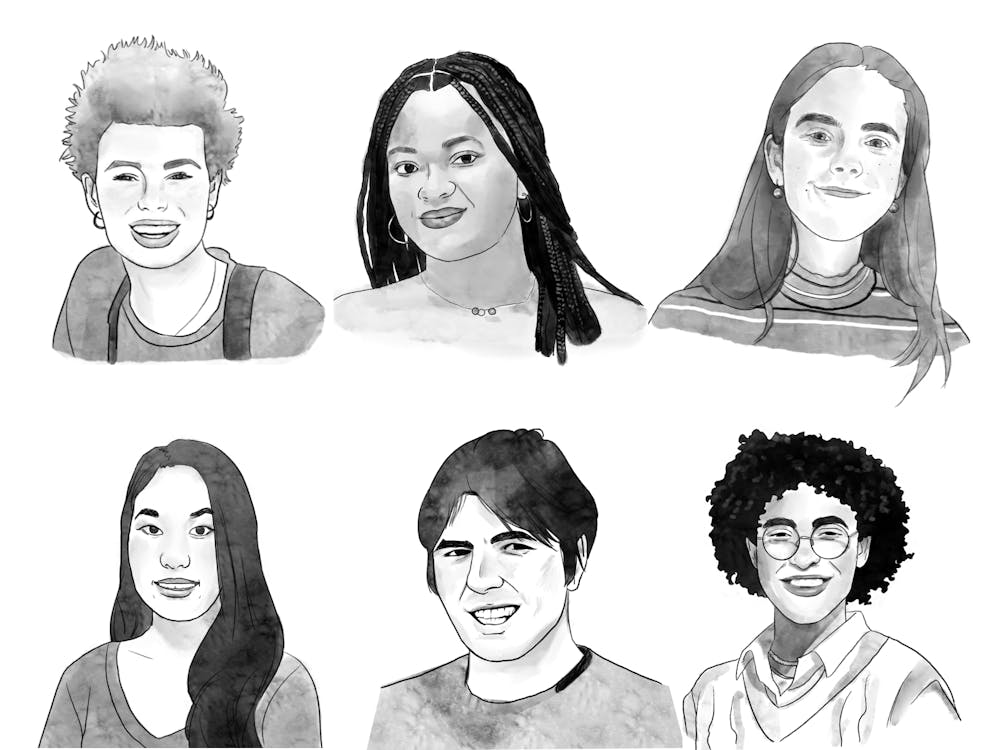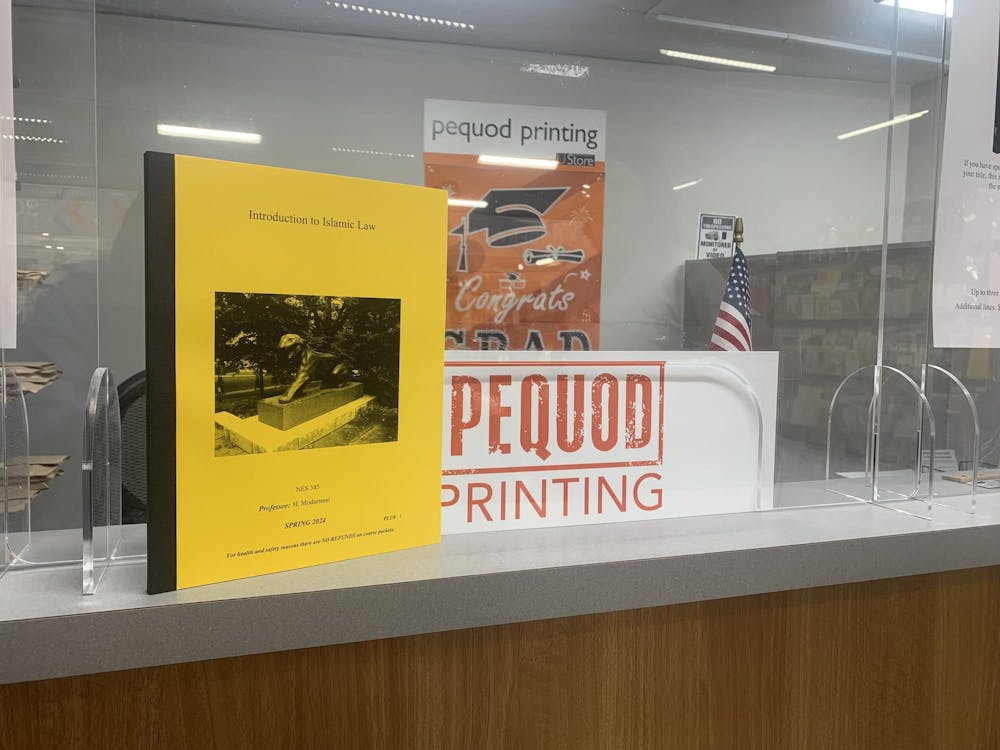Princeton’s Office of Disability Services provides resources and opportunities to help students with disabilities overcome significant obstacles and works to ensure that all qualified students can attend Princeton regardless of physical or psychological disability. As reported this week, Princeton has seen an 80 percent increase in the number of students registered with ODS between 2011 and 2015. As more students with disabilities enter Princeton, there remain several steps that the broader University community can take to further its commitment to students with disabilities. Specifically, this Board has two key recommendations in support of Deaf students on campus: allowing American Sign Language to satisfy the foreign language requirement and pursuing further options for the study of ASL or ASL-related topics.
Currently, American Sign Language does not count towards Princeton's foreign language requirement. Peer institutions such as Yale and Brown, as well as numerous other universities, accept ASL proficiency as satisfying the foreign language requirement. According to the Office of the Dean of the College, “When you become proficient in a foreign language, you acquire more than a communication skill; you become literate in another culture and gain another perspective on the world.” All the goals of the foreign language requirement are achieved by someone who is proficient in ASL. Cognitively, it provides all the benefits of learning a new language and training the brain to think in a different way. Culturally, it allows access to the rich cultures of Deaf communities in America. This policy change should apply both to learners of ASL as a second language (including many students with Deaf family members or friends) and Deaf learners of ASL as a first language, who have had to learn English as a second language. The Board also recommends that the Wilson School take this into account in the additional foreign language requirements of the public affairs concentration, as ASL fulfills the concentration’s goals of communicating effectively and thinking about issues in a broader ethical framework.
Last semester, the University offered LIN 321, Linguistics of American Sign Language, as a for-credit class. Depending on interest, the Board suggests that the University offer more for-credit courses on ASL. These could either take the form of higher-level linguistics classes similar to the one offered in the fall or the form of introductory language classes such as ASL 101. In the past, the Princeton University American Sign Language Club has offered non-credit ASL classes in Dillon Gym which were popular with students. Hiring staff to teach for-credit ASL courses would help meet the demand caused by the discontinuation of these informal classes, while also promoting a deeper understanding of the Deaf community. Therefore, by enacting these changes, the University would better serve the needs of all its students and foster a greater understanding of the challenges facing people with disabilities.
TheEditorial Boardis an independent body and decides its opinions separately from the regular staff and editors of The Daily Princetonian. The Board answers only to its Chair, the Opinion Editor and the Editor-in-Chief.
Connor Pfeiffer ’18 and Carolyn Liziewski ’18 abstained from the writing of this editorial.
Allison Berger ’18 recused herself from the writing of this editorial.








